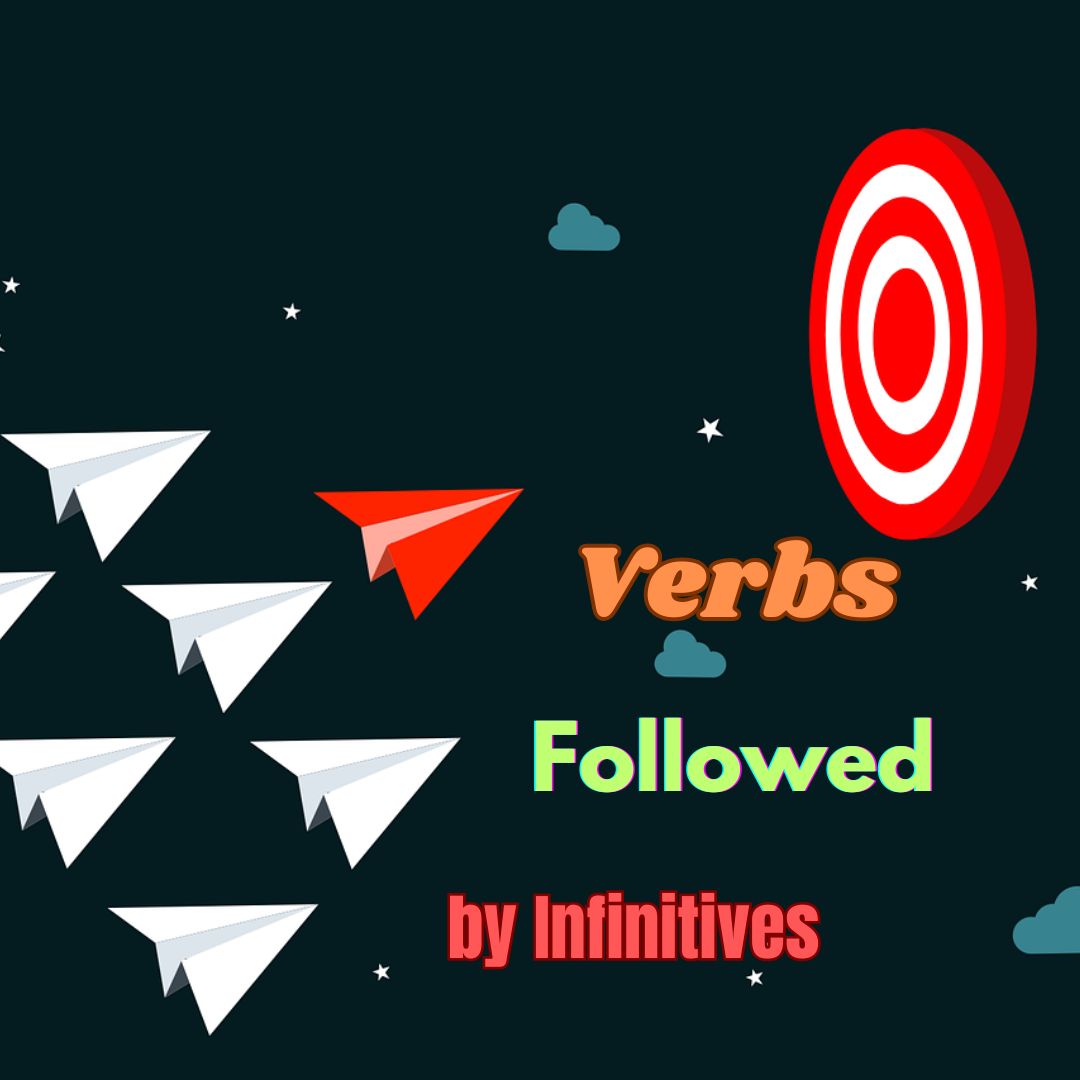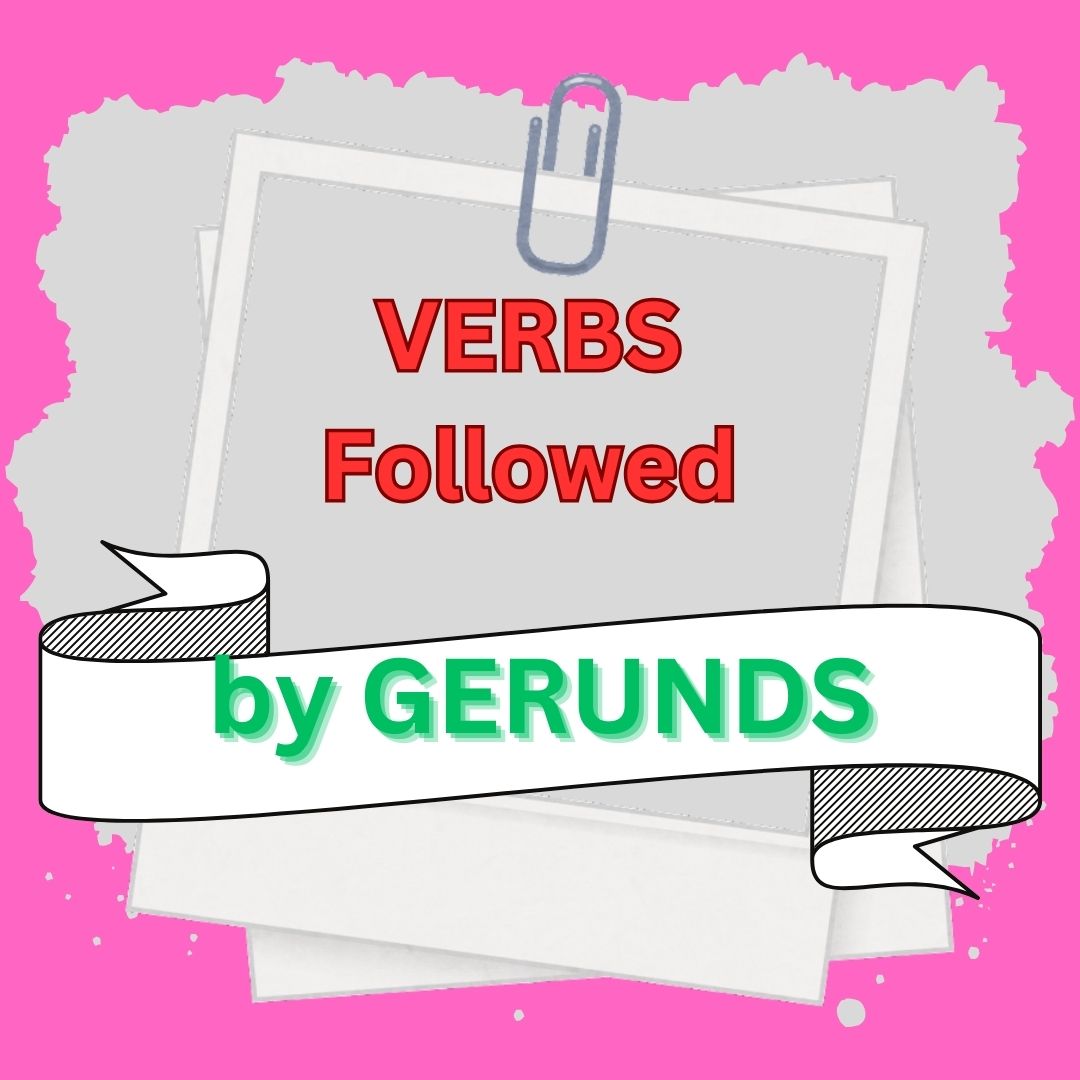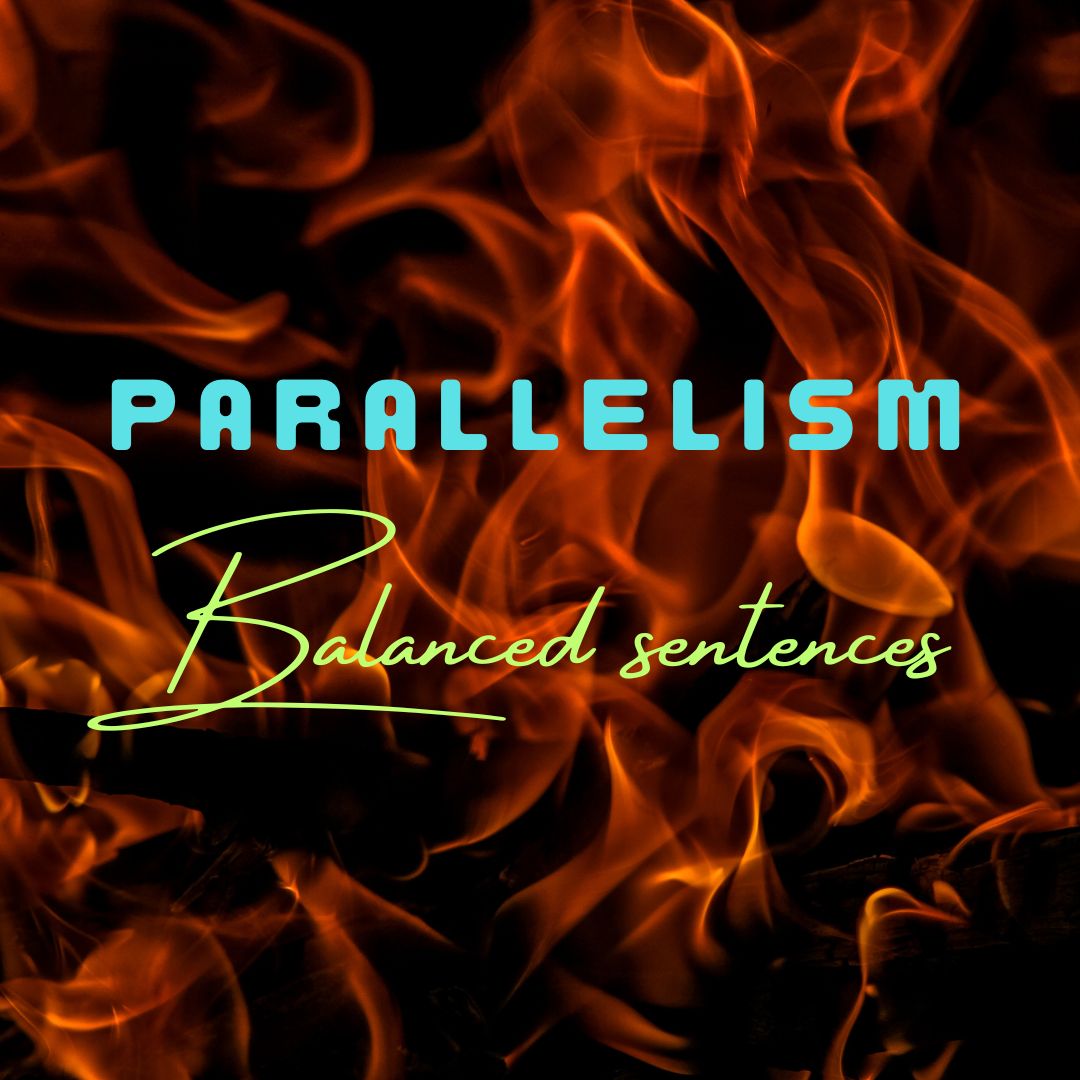Tag: gerunds

Verbs followed by Infinitives
An Infinitive = to + the simple verb form (to walk, to study, to be, to do, etc.) Some verbs are followed by an infinitive (like to eat, agree to help, etc.) In negative forms, do not precede the infinitive (promise not to go, decide not to be late, etc.)

Verbs followed by Gerunds
Examples: I enjoy playing. I don’t mind getting up early. It has not stopped raining. My friends and I suggested going to the cinema. Keep doing morning exercises every day!

Subordinate Clauses
A subordinate clause, also known as a dependent clause, is a group of words that has both a subject and a verb but cannot stand alone as a complete sentence.

Parallelism in English Grammar
In English grammar, the phenomenon where similar or parallel elements within a sentence are presented with a balanced and harmonious structure is called parallelism. It involves using the same grammatical form or structure for items in a list, a series, or a comparison to enhance clarity, coherence, and overall readability.